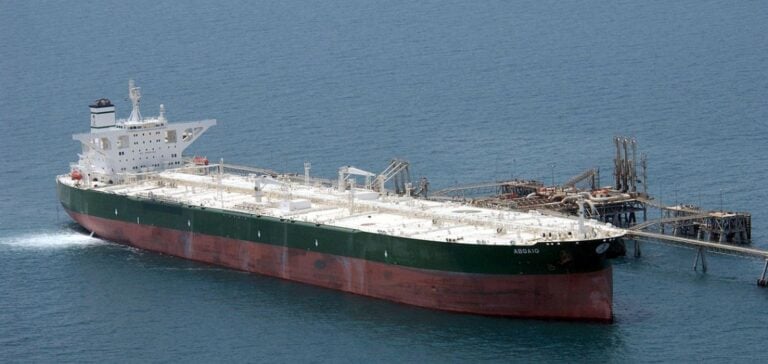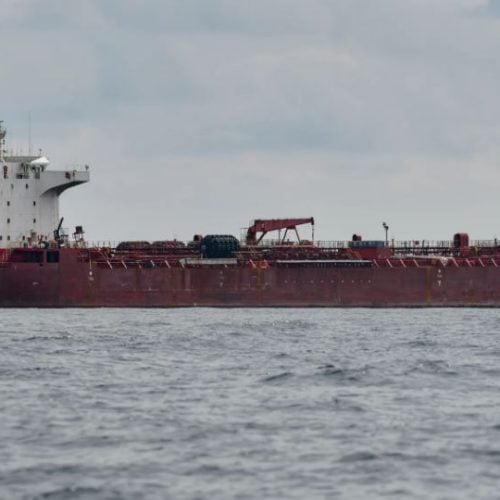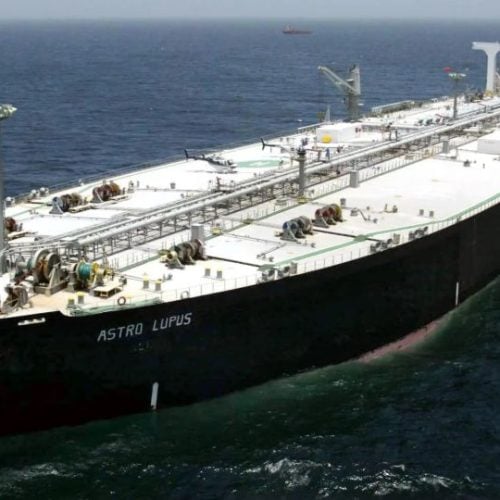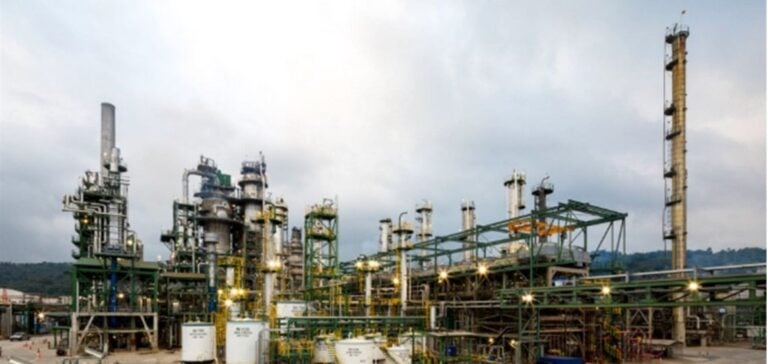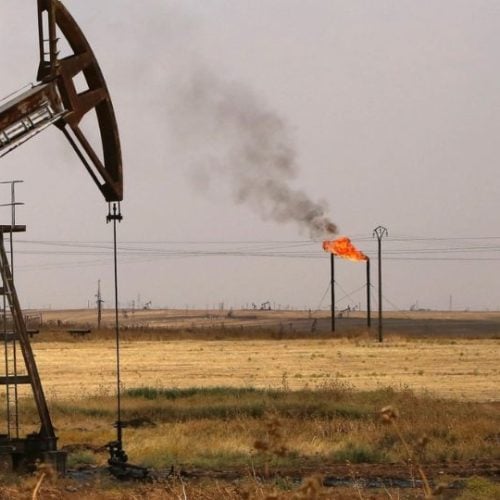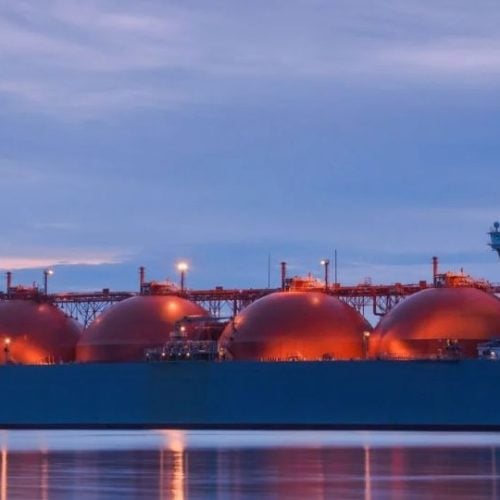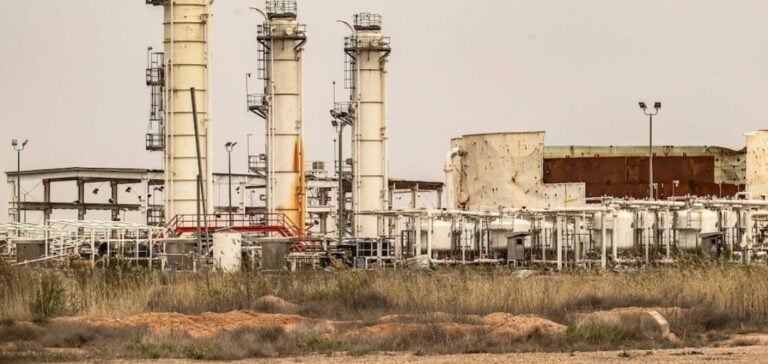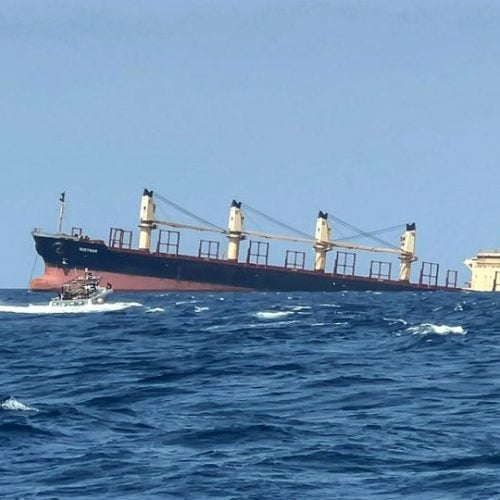Israel has imposed sanctions on 18 oil tankers carrying Iranian oil, an unprecedented move aimed at weakening funding for Iranian-backed organizations such as Hezbollah, Hamas and the Houthis.
The action, announced by the National Bureau for Counter-Terror Financing (NBCTF), is designed to block the use of Iranian oil revenues to fund terrorist activities in the Middle East.
Sanctions include “seizure orders” for the vessels concerned, with pressure on the shipping industry to stop providing services to these vessels.
The targeted tankers have been identified as being involved in crude oil supply operations destined for Syria, a key country in the Iranian oil distribution network.
The revenues generated by these transactions are suspected of being used directly to finance armed groups operating against Israel and its allies.
Immediate consequences for the marine industry
Israel’s implementation of these sanctions has turned the international shipping industry upside down.
The 18 ships concerned, which are accused of regularly switching off their tracking systems to avoid detection, now risk being denied access to essential services such as insurance, refuelling and maintenance.
This could have a direct impact on shipping operators and insurance companies, who will have to assess the risks of maintaining commercial relations with vessels under sanctions. Working closely with the United States and several European countries, Israel is seeking to extend the impact of these sanctions by ensuring that international partners also tighten restrictions.
The sanctions already in place on five of the ships by Western authorities demonstrate a desire to unify efforts to isolate these players from the global market.
The shipping industry, particularly companies operating in high-risk areas or involved in trade with Iran, must now navigate an increasingly complex and uncertain environment.
Geopolitical issues and economic implications
This Israeli offensive takes place in a geopolitical context where tensions between Israel and Iran are exacerbated by recent conflicts in the region.
Sanctions on Iranian oil companies are intended not only to disrupt Teheran’s finances, but also to send a strong signal to its regional allies.
The possibility of an Iranian response, including threats to maritime security in the Persian Gulf, could add a layer of volatility to global oil markets.
The potential impact on oil prices should not be underestimated, as any significant disruption to crude oil flows could create market imbalances.
Economic operators and governments are closely monitoring developments to anticipate the consequences of these sanctions on global oil supply, particularly in a context where the decarbonization of Western economies has not yet succeeded in significantly reducing dependence on hydrocarbons.

